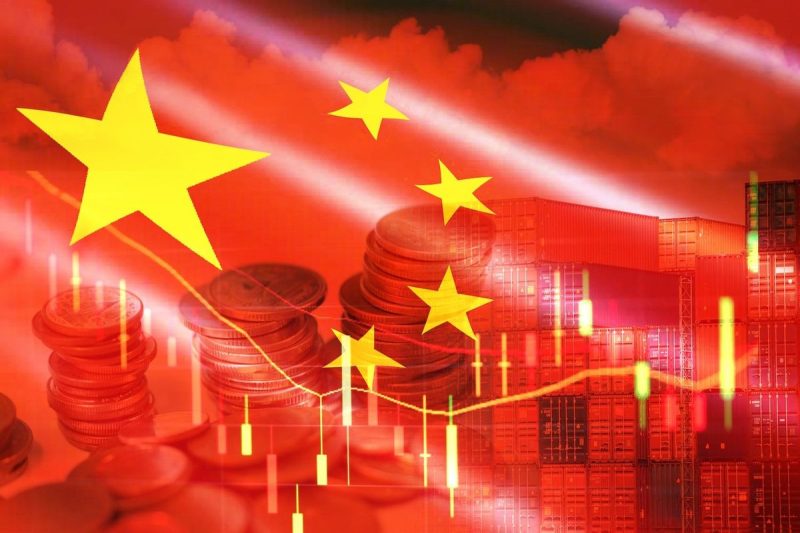China’s decision to restrict the exports of key critical minerals in response to the US chip controls signals a significant shift in global trade dynamics. This move comes amid escalating tensions between the two economic powerhouses, hinting at the growing concern over the supply chain vulnerabilities in key industries like semiconductor manufacturing.
At the heart of China’s decision lie concerns over its strategic reserves and the need to secure a stable supply of critical minerals essential for producing advanced technologies, including semiconductor chips. The restriction on exports can be seen as a direct response to the US controls aimed at limiting China’s access to advanced chipmaking technologies.
The global implications of China’s decision are far-reaching. It not only disrupts the established supply chains for critical minerals but also raises questions about the future of global trade and economic cooperation. With China being a major player in the production and export of critical minerals, any restrictions imposed by the country have ripple effects on industries worldwide that depend on these resources.
The move by China also highlights the growing trend of countries resorting to protectionist measures to safeguard their technological capabilities and national security interests. The intertwining of geopolitics with economic policies is becoming more pronounced, leading to a fragmented global trade landscape characterized by heightened competition and tensions.
The restriction on critical minerals exports by China could potentially lead to a domino effect, prompting other countries to reassess their own resource security strategies. This, in turn, may trigger a wave of trade protectionism and geopolitical rivalries as countries scramble to secure access to essential resources for their industries.
In response to this development, countries reliant on Chinese exports of critical minerals may now need to diversify their supply chains and explore alternative sources to mitigate the impact of China’s export restrictions. This could lead to a restructuring of global trade patterns and the emergence of new alliances and partnerships aimed at ensuring resource security and resilience in key industries.
Overall, China’s decision to restrict key critical minerals exports in response to US chip controls underscores the complex interplay between geopolitics, trade, and technology in today’s interconnected world. It serves as a stark reminder of the challenges and uncertainties that lie ahead as countries navigate a rapidly evolving global landscape fraught with competition and strategic maneuvering.
